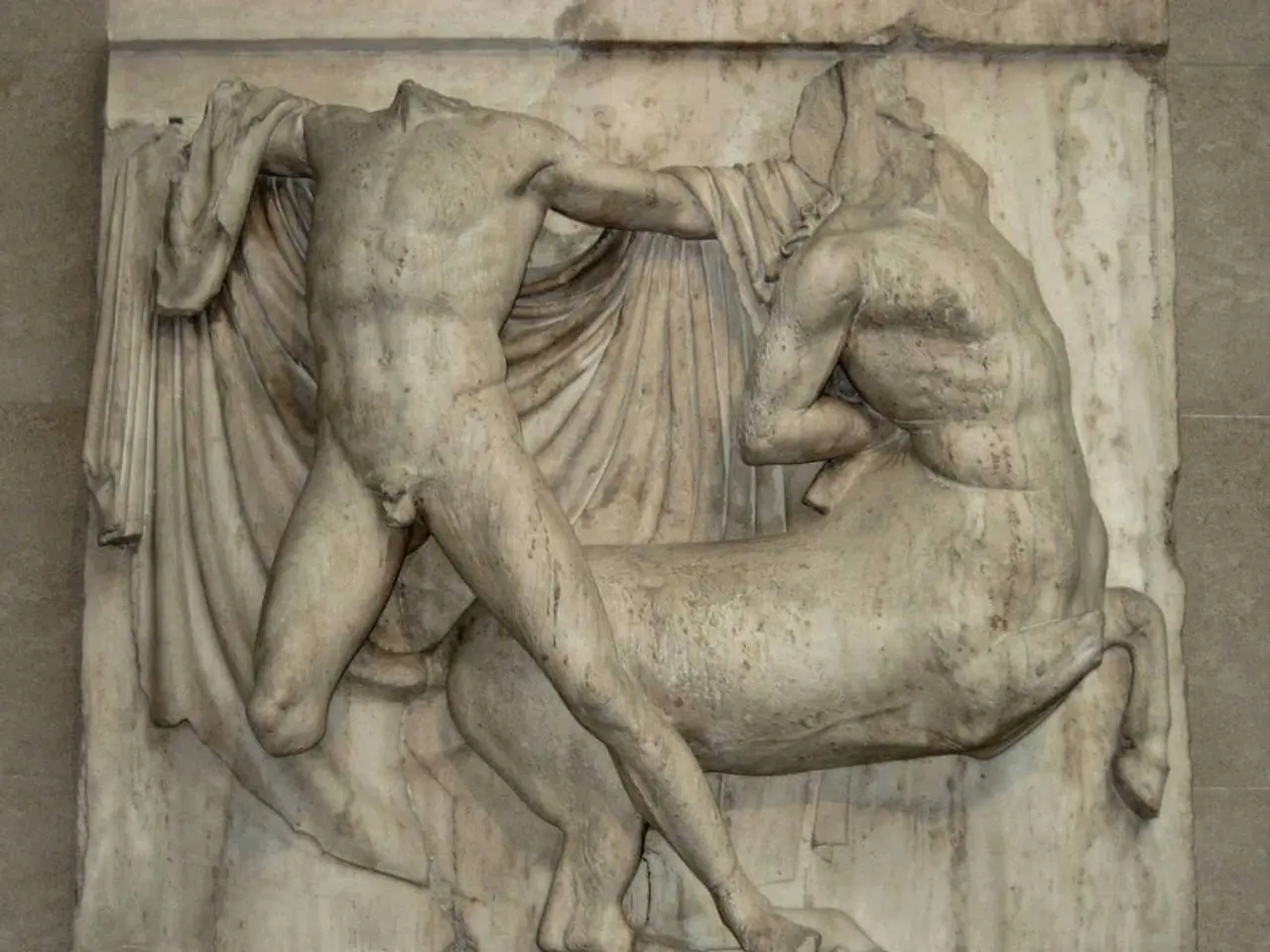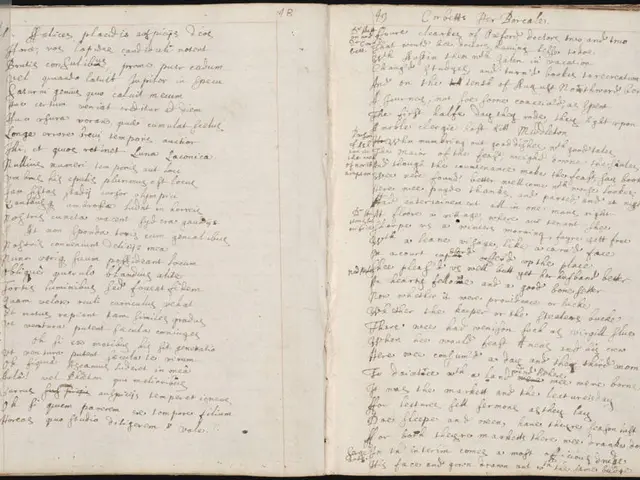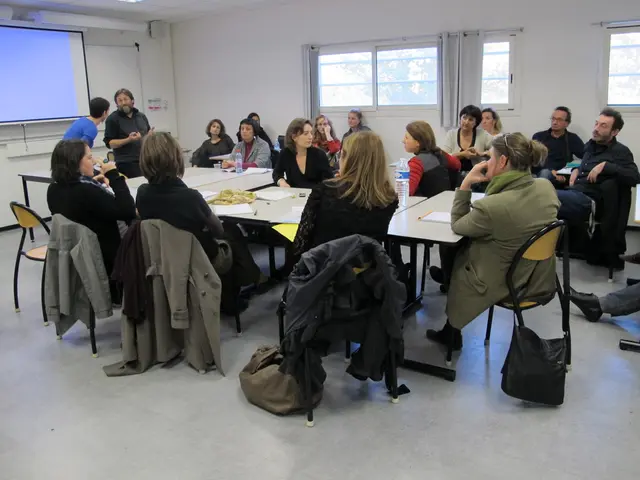Moldova's Pro-EU Course Unwavering Despite Russian Obstacles
Moldova's commitment to integrating with the European Union (EU) has been met with EU's openness to new members, a topic of discussion since 2014. However, Russia's regional ambitions pose a significant obstacle, while a merger with Romania, though swift, lacks popular support in Moldova.
Moldova's path to EU integration is complex. While the EU is ready to accept new members, it has not provided a clear road map for Moldova. Meanwhile, Russia's control over the breakaway territory of Transnistria acts as a strategic military barrier. Moldova's pro-European stance was evident in recent parliamentary elections, with the Party of Action and Solidarity (PAS) securing an absolute majority with 50.03% of the votes. PAS, led by President Maia Sandu, supports a pro-EU orientation and a clear stance against Russia. Despite some citizens preferring a rapprochement with the Commonwealth of Independent States (CIS), Moldova will continue its path to Europe.
Russia's attempts to influence Moldova's elections and steer it away from the EU have failed. Neither former President Igor Dodon nor other Moldovan politicians could convince the majority of voters to favor integration into the CIS.
Moldova's commitment to EU integration remains strong, with the Party of Action and Solidarity set to play a crucial role in its foreign policy. Despite challenges posed by Russia's ambitions and differing public opinions, Moldova will continue its course towards Europe.






